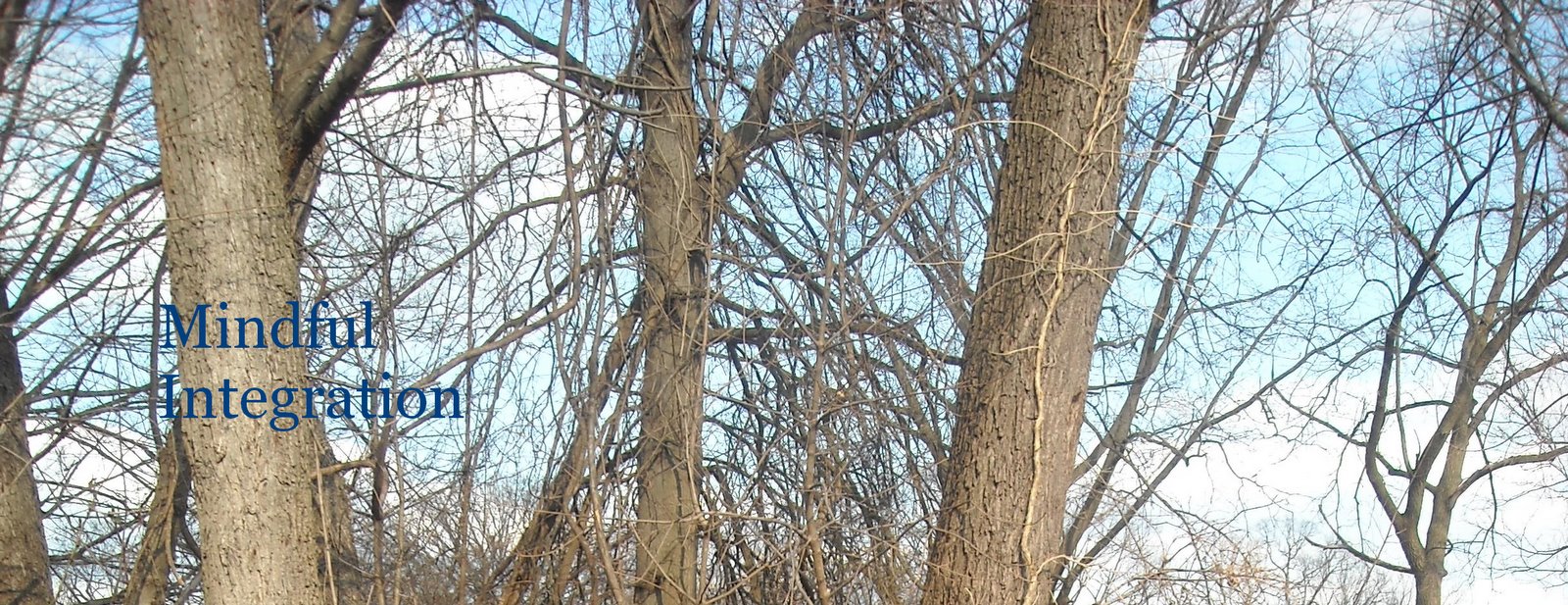I've finally finished reading William Easterly's White Man's Burden: Why the West's Efforts to Aid the Rest have done so much Ill and so Little Good.
I also had the pleasure to listen to a lecture by Dr. Easterly last night at the University of Pennsylvania.
Reading this book has invigorated me into the process of studying in a way I have not been for many years. It reminds me how fortunate I am to be educated and capable of thought on this level. I am grateful for the reminder.
Now, I'll try to be brief, because my reactions to my reading are somewhat intense and involved. I'll try to distill them to a manageable few moments.
First, Clearly Dr. Easterly, while brilliant, is acting primarily as a whistle blower - more comfortable with calling attention to existing problems than with offering solutions. While I agree that indigenous, bottom-up approaches are more effective, more empowering, and secure proper communication, buy-in, and feedback - I think that "Searchers"often find themselves up against corrupt governments, being harassed or jailed, or altogether shut-down for a variety of reasons - or forced to stop what's working because of lack of funding or just plain exhaustion.
(Note: Dr. Easterly hastily left the World Bank after a long career there as a researcher after his first book came out. He is now an Economics professor and all-around smart guy at NYU and other places. Clearly well-educated, funny, and well-connected... he's a rock-star.)
Second, I think his understanding of the poor is flawed. He seems to understand that the poor do not have the same ability to advocate on their own behalves as the rich, but he seems to conveniently forget this fact. The most maddening example in his book was of his town in Maryland (which I also lived in for a few years). When he had a pot-hole, he called the mayors office and they came to fix it. This example was meant to illustrate how a market-driven, democratic environment allows people to get things done.
Well that town is in one of the richest counties in the country. Number 15 richest county in the country, in fact. Just one mile away in the same town on the District of Columbia side, they've closed down the only public hospital that serves the poor, gang-violence and prostitution run rampant, car-jacking and muggings happen with certainty and regularity, and be assured that the people in that neighborhood cannot simply call up their mayor and get their pot-hole fixed.
Now, all that being said - is he right? I have no idea. I do think that the World Bank and IMF are badly in need of overhaul and accountability. YES. They are only slightly better than the evil corporate creditors and the local usurers. I know micro-credit is not the complete answer, but it seems better. I know tied-aid is being reduced, but not enough. It all makes me long for true altruism and more humanitarian aid.
And above all, it makes me want to fund my way into moving to Botswana, Uganda, Kenya, or South Africa... collect street orphans, give them a home, feed them, teach them how to protect themselves against AIDS, and educate them to become leaders.
I know that makes me such a stupid American, to feel like I could offer help or save someone. But for me, I have so often been saved by the love and financial efforts of my friends and family. And really in the grand scheme of things, they don't need my help in return, so reading about these things makes me want to give to those that actually need help just to stay alive.
It also deepens my respect and admiration of the people that are already pouring their lives into saving people, into creating meaningful policy, and into fighting to make things better. (Big shout-outs to Denis, Connie, Nathan, and Patrick... to name a few.)
In Jeffrey Sachs review of this same book, but in the prestigious New York Book Review, he starts with a quote from John F. Kennedy:
"In a very different era, President John Kennedy declared:
to those peoples in the huts and villages across the globe struggling to break the bonds of mass misery, we pledge our best efforts to help them help themselves, for whatever period is required—not because the Communists may be doing it, not because we seek their votes, but because it is right. If a free society cannot help the many who are poor, it cannot save the few who are rich."
And while Dr. Easterly and I agree that people must also work to save themselves and their own countrymen, I also pledge my efforts to helping those that may need me.

No comments:
Post a Comment